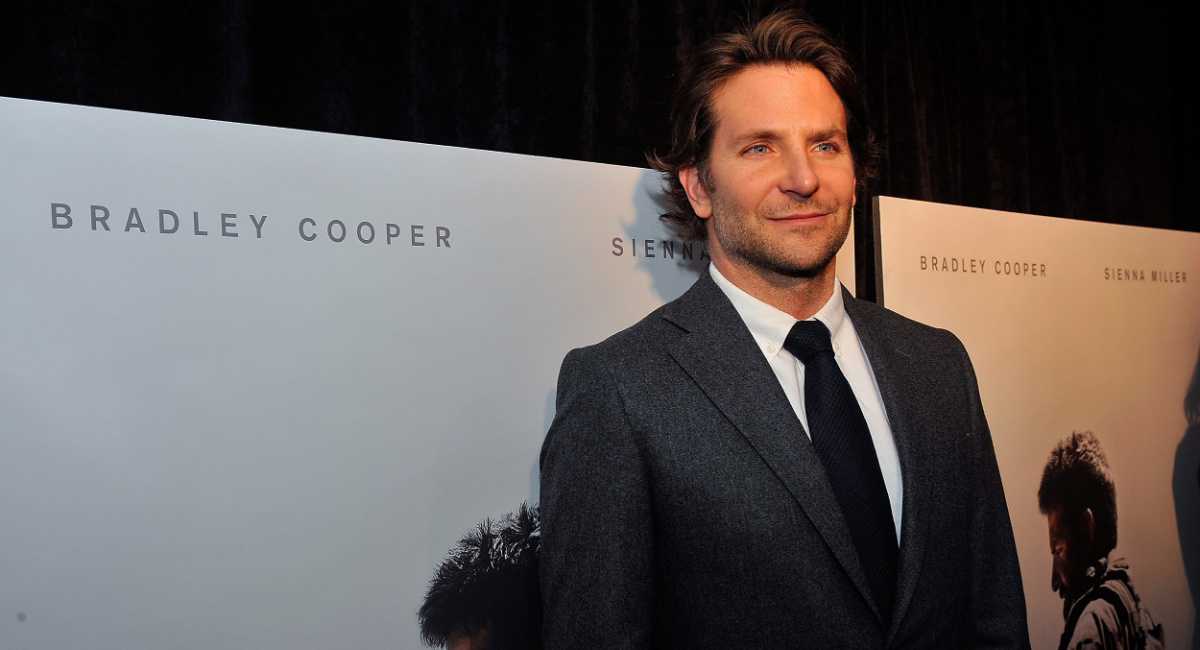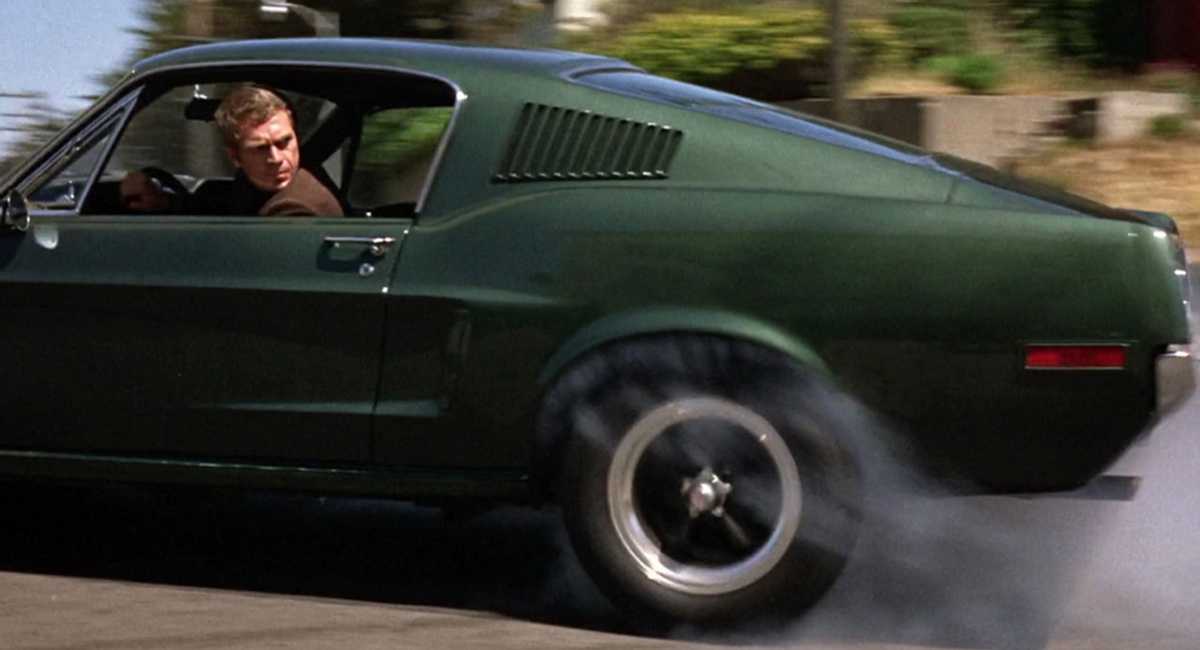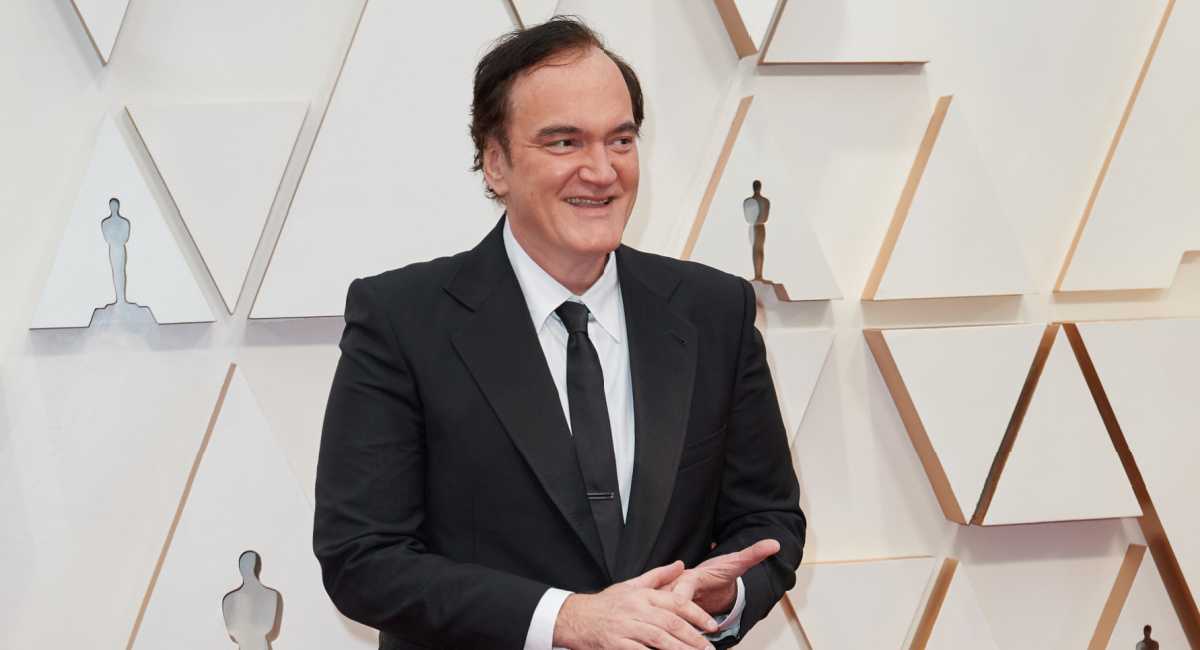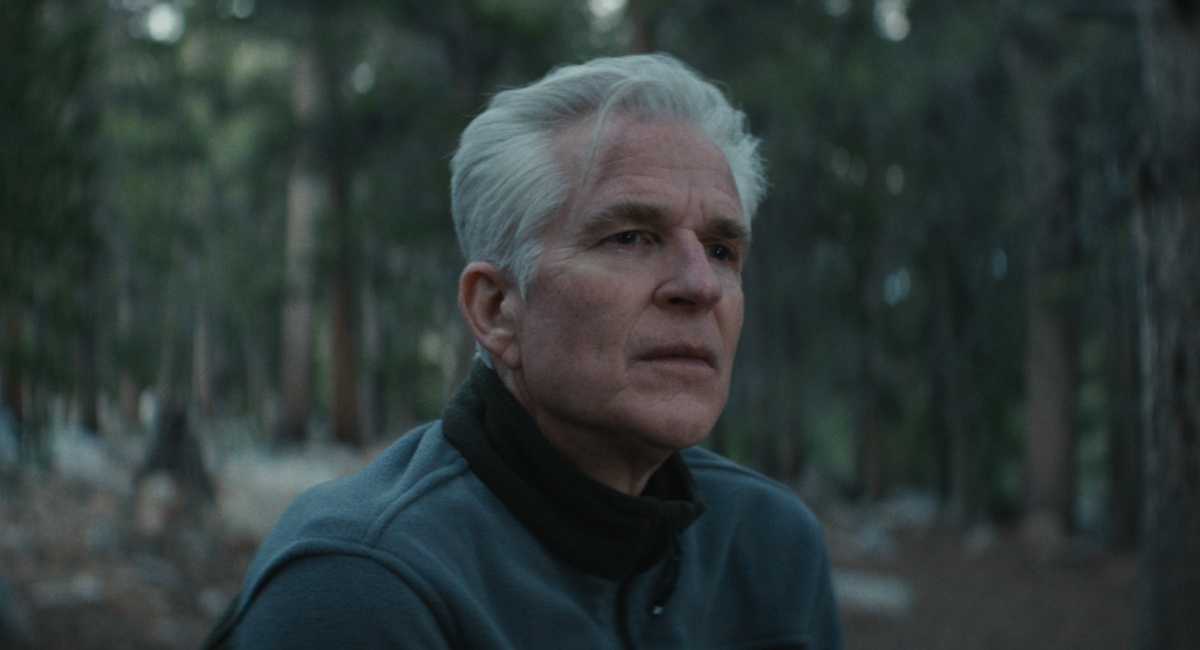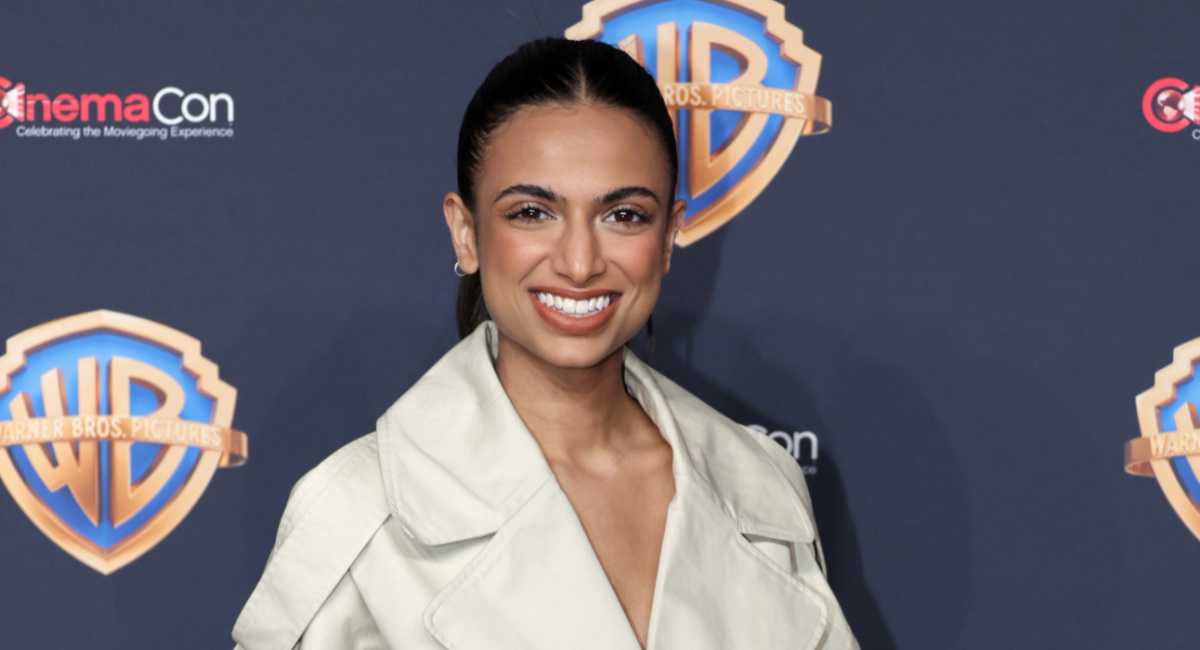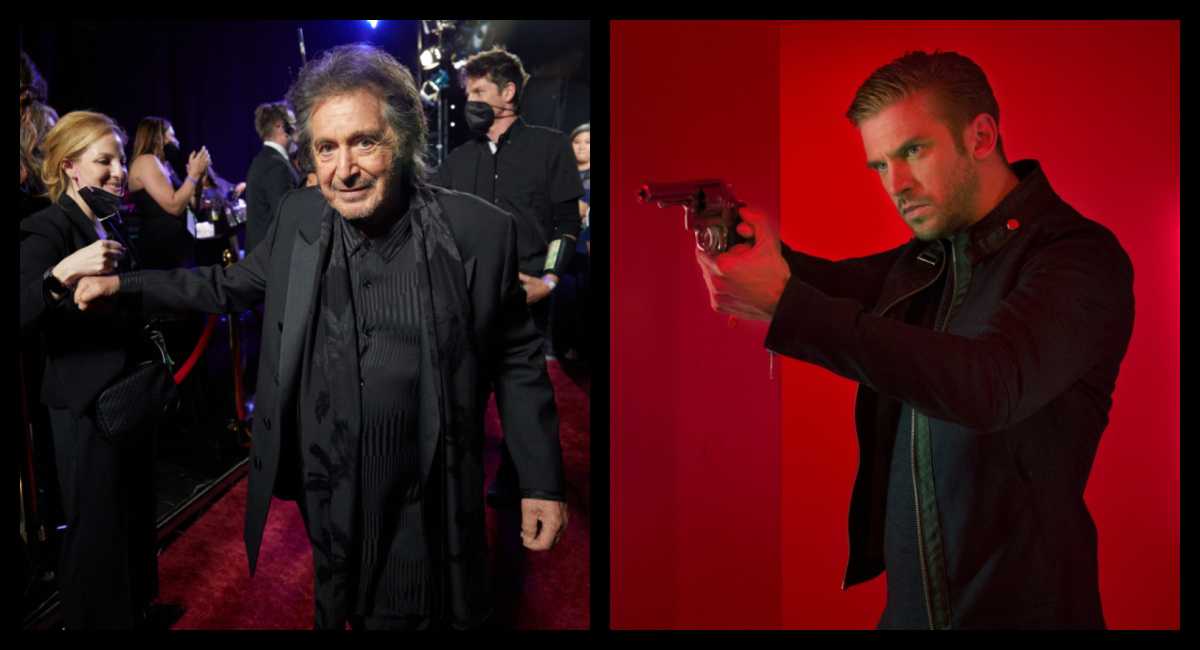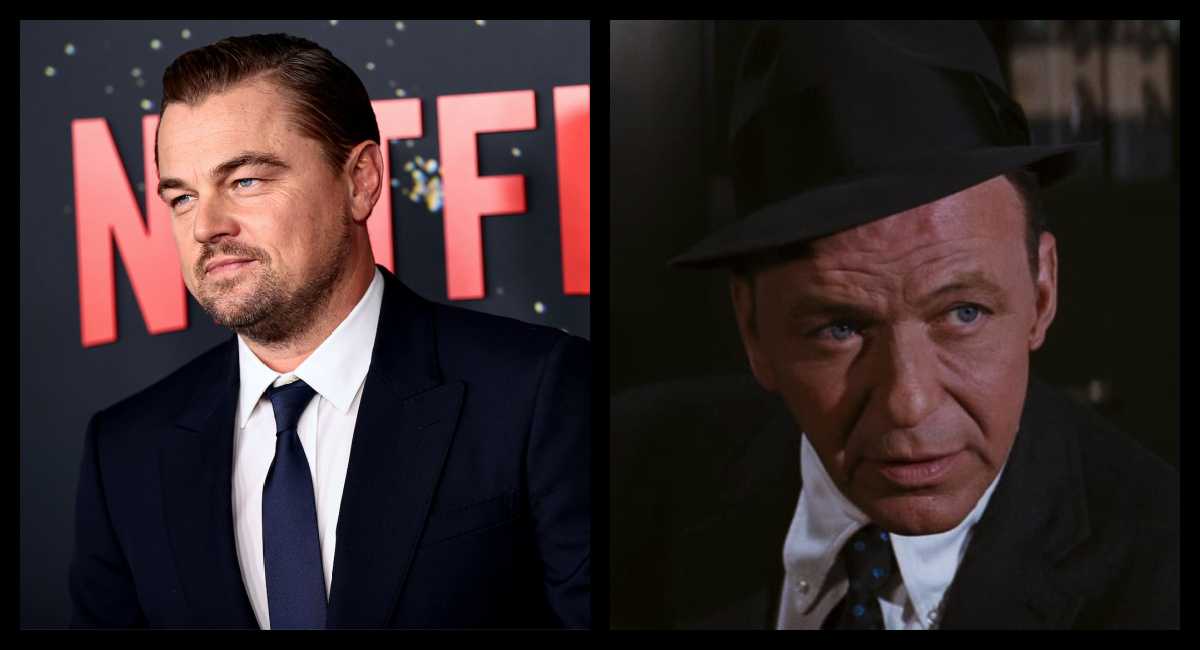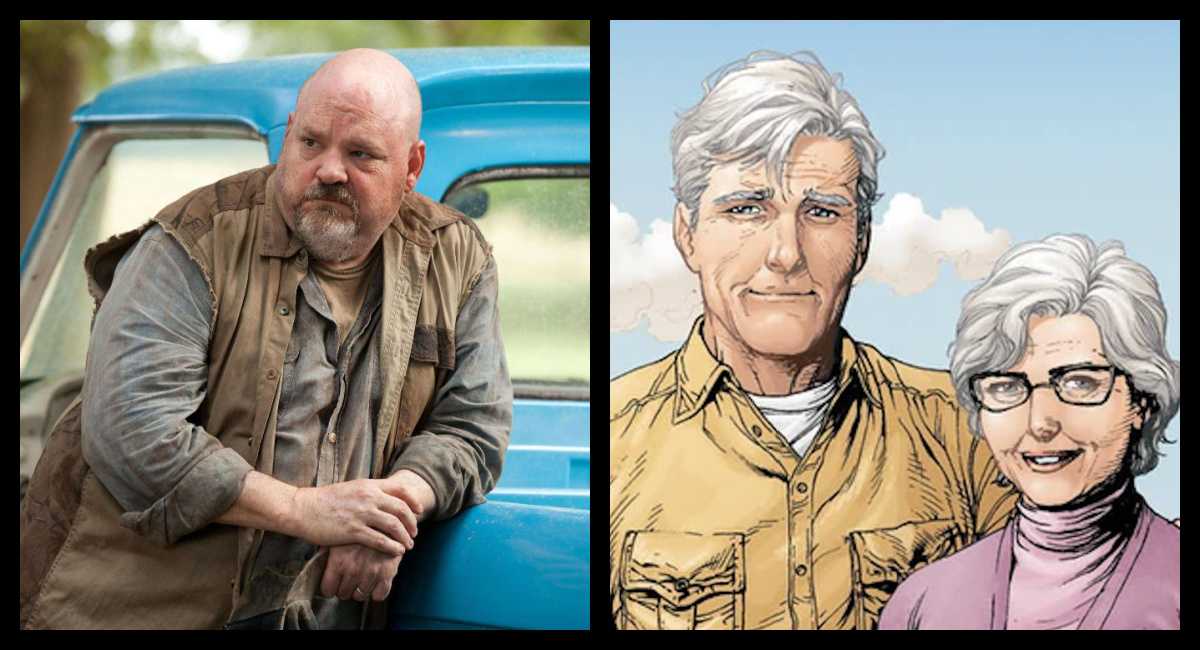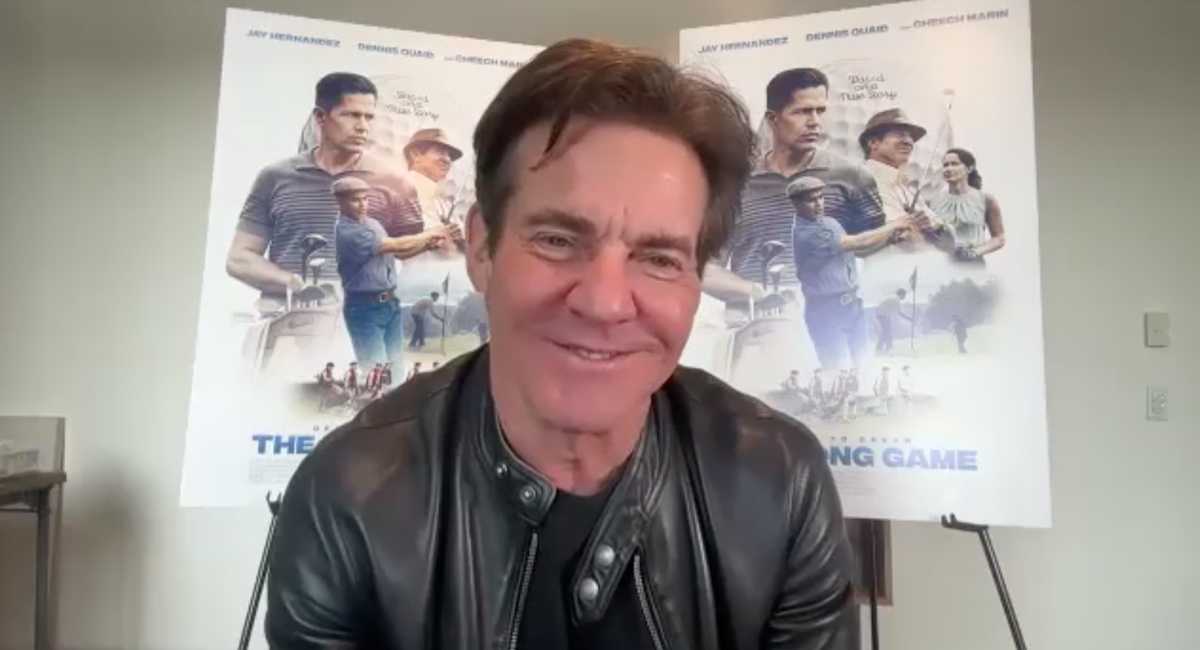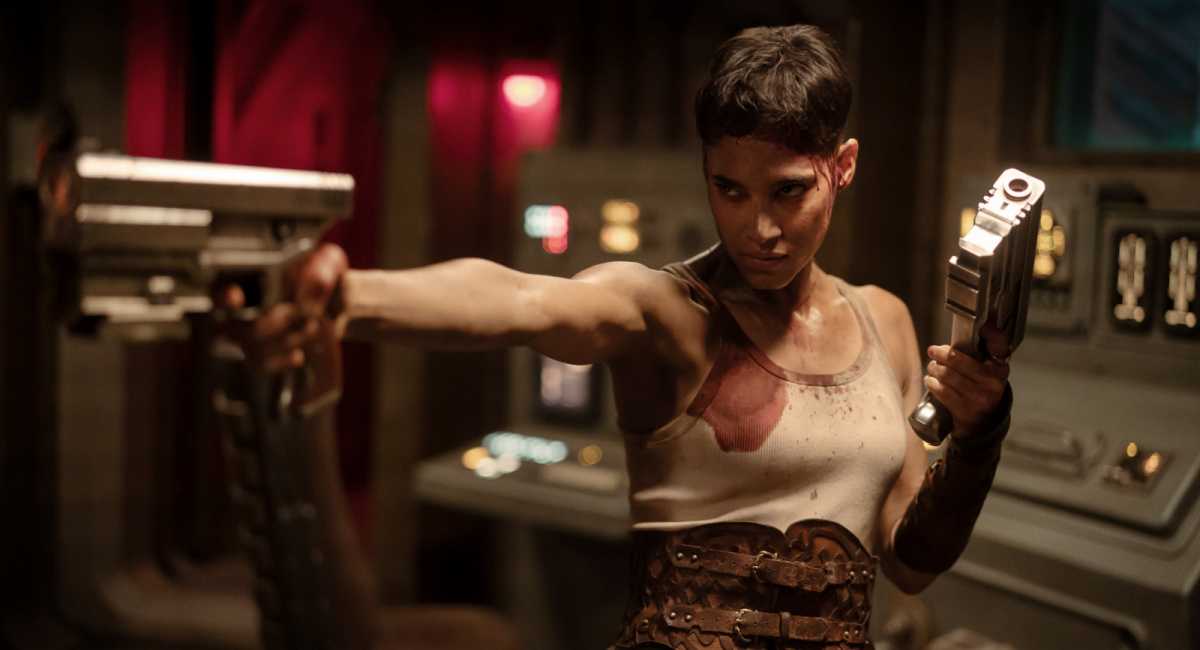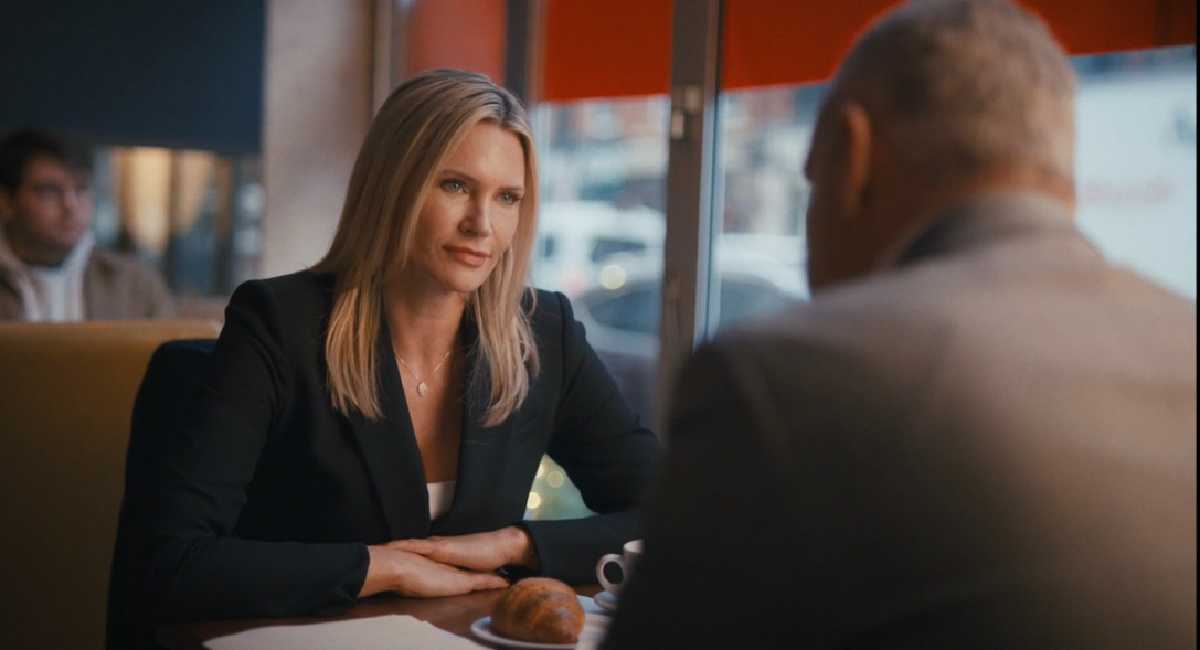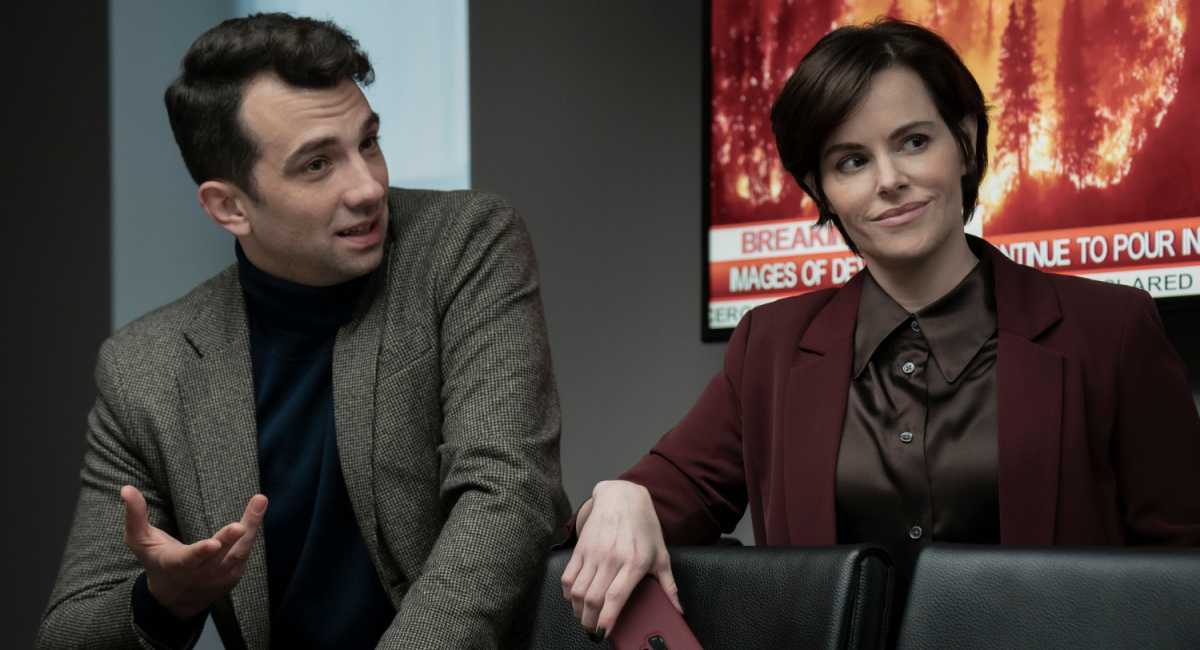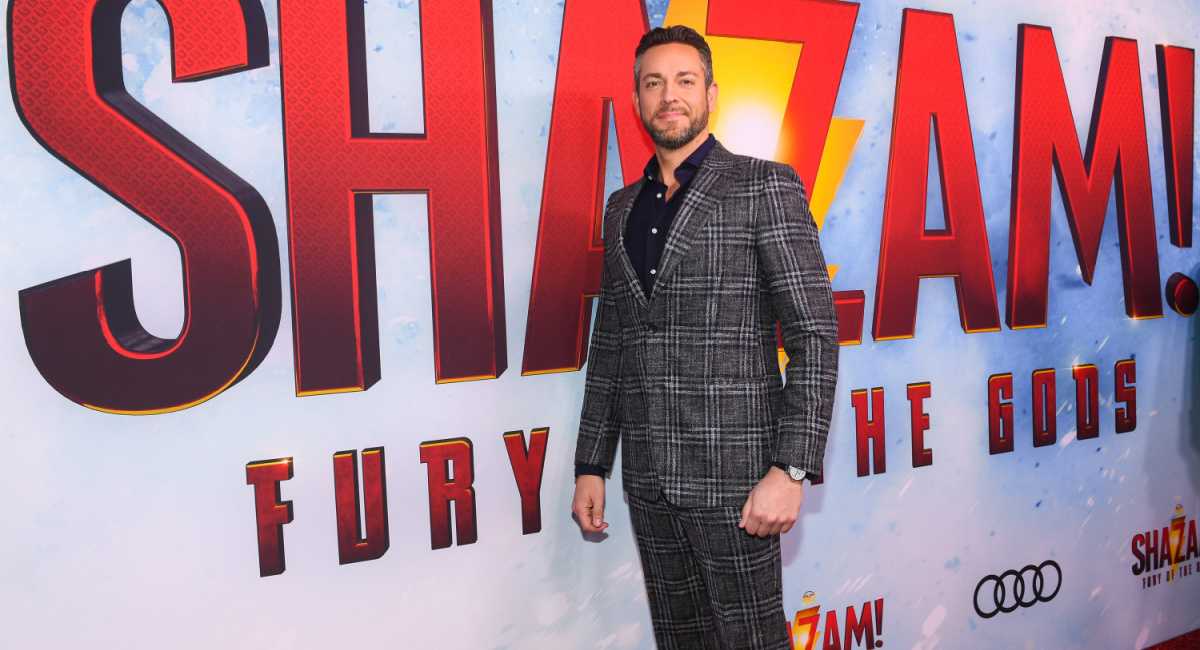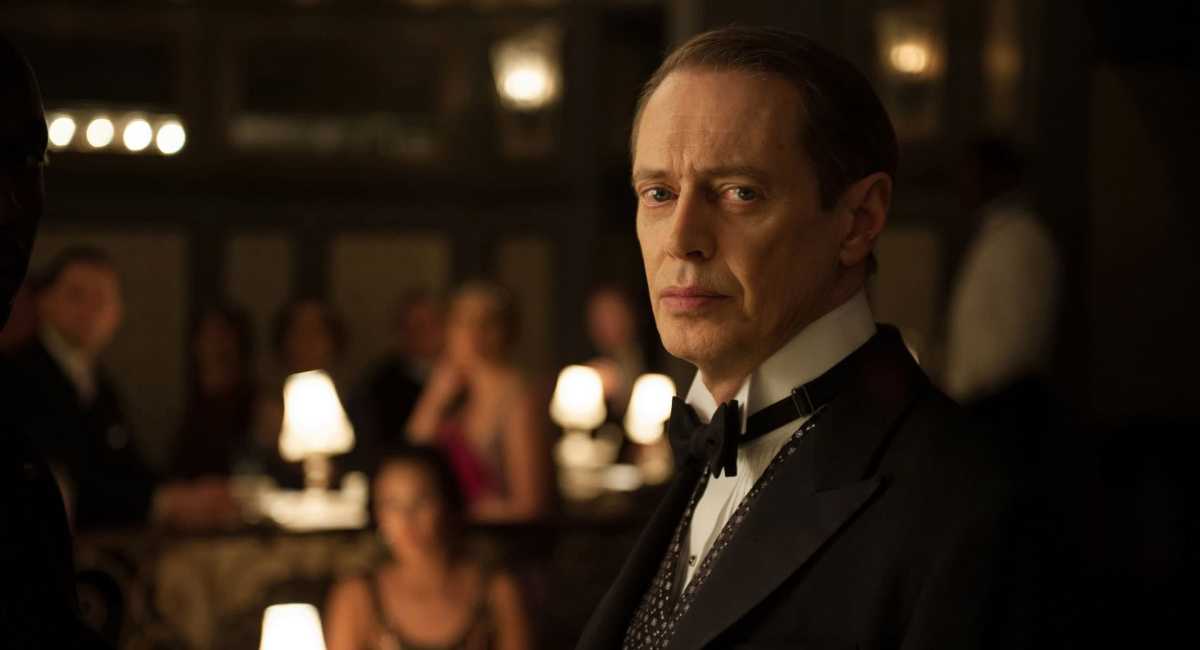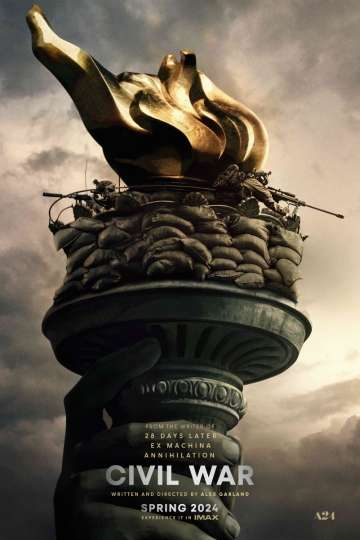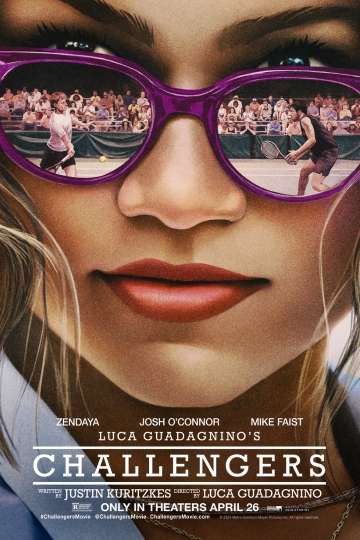Jacqueline Bisset Talks 'Loren & Rose' and 'Bullitt' with Steve McQueen
Moviefone speaks with Jacqueline Bisset about 'Loren & Rose' and working on 'Bullitt' with Steve McQueen. "He was patient with me and very cool," she said.
Opening in theaters on June 23rd is the new film ‘Loren & Rose,’ which was written and directed by Russell Brown (‘The Blue Tooth Virgin’).
What is the plot of ‘Loren & Rose’?
‘Loren & Rose’ revolves around Rose (Jacqueline Bisset), a legendary actress trying to revive her career. Loren (Kelly Blatz) is a promising filmmaker. Over the course of their many encounters, a deep friendship evolves as their love of art, understanding of grief, and faith in life’s potential guide them through personal and creative transformations.
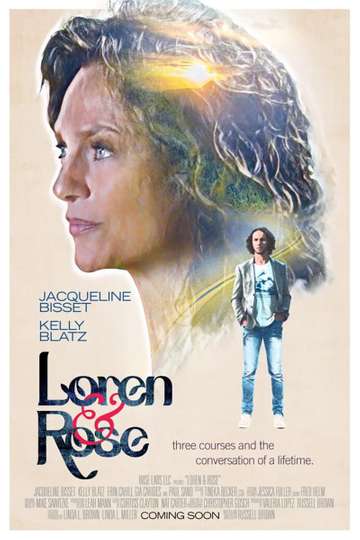
Loren & Rose
The appetizer is an introduction, the dessert is a farewell in this story of an indelible bond forged between a promising young filmmaker and an iconic actress. Read the Plot
Who is in the cast of ‘Loren & Rose’?
‘Loren & Rose’ stars Jacqueline Bisset ('Bullitt,' 'Murder on the Orient Express,' 'The Deep'), Kelly Blatz ('What Lies Ahead'), Gia Carides ('My Big Fat Greek Wedding'), Paul Sand ('Chuck & Buck'), Erin Cahill ('The Pursuit of Happyness'), and Rebecca Noble ('CSI: Vegas').
Moviefone recently had the pleasure of speaking with legendary actress Jacqueline Bisset about her work on ‘Loren & Rose,’ her first reaction to the screenplay, relating to her character, acting opposite Kelly Blatz, their characters unusual friendship, and working with filmmaker Russel Brown, as well as her memories of making ‘Bullitt’ with Steve McQueen and director Peter Yates, and the legacy of the film.
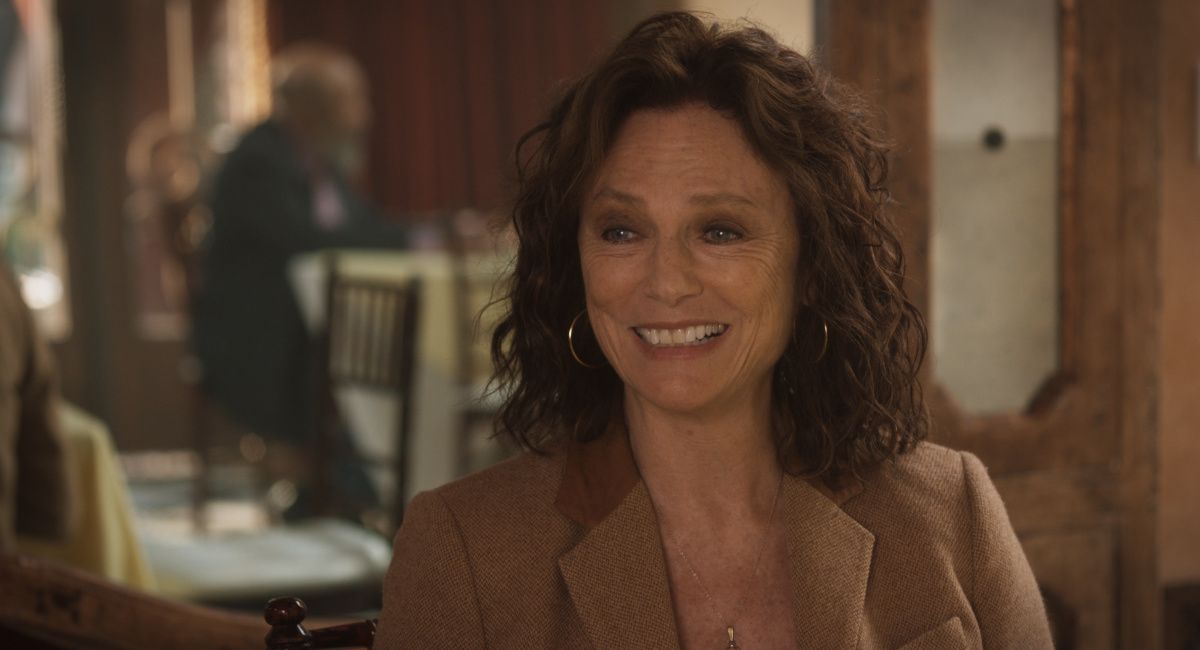
Jacqueline Bisset in director Russell Brown's 'Loren & Rose.'
You can read the full interview below or click on the video player above to watch our interviews with Bisset and Kelly Blatz.
Moviefone: To begin with, why did you feel that ‘Loren & Rose’ was an important movie for you to make?
Jacqueline Bisset: It was a special film for me, a very important one. Well, because it's incredibly well-written, and it gave me an incredible opportunity to play this woman, and I really enjoyed it. It just reminds me, when I do these smaller, independent films with really caring filmmakers, how much I enjoy that aspect of the whole business, much more than I do the grandiosity sometimes around projects, which often doesn't really touch me or make me feel welcome. I'm not particularly easy with it. I've done quite a few large films with big stars, and I enjoyed them, too. I'm not saying I didn't. I've enjoyed almost everything I've done. But my personal choice and the reason I wanted to become an actor was to do individual auteur kind of material. It's not part of a series, not that doing a series would necessarily be a bad thing, but I just tend to see things in a one-and-a-half or two-hour package. That's sort of how I see things.
MF: What was your first reaction to the screenplay and what spoke to you personally about this story?
JB: Well, I liked that she was a flawed character. I was a little anxious that I would not have enough of the flawed part to be able to run her through because that's given to another actress, a younger actress, to play me when I'm young, when most of this troublesome stuff that was in her reputation came from. I wanted to have some of that, I didn't want my part to be too clean. So that was a worry, but I liked the fact that the character was flawed and untidy in a way, and a bit off the wall. She was always human, and had a relationship with the daughter that was not great, and I could understand why when I saw her singing in the restaurant. I just thought that, to have a mother like that must be quite tough. Imperfection is always good and it’s just a wonderful role that goes around corners, goes up walls, down the back, round the back stairs, up and then around, and it just had wonderful journeys to take within a character. But ultimately her focus was on him and her, what her personal certainties are, and that she saw that he was an artist. She wants him to stand up and be in that light, and for the right reasons and to believe in himself. She gives him a lot. He gives her a lot, too, mutual mentoring.
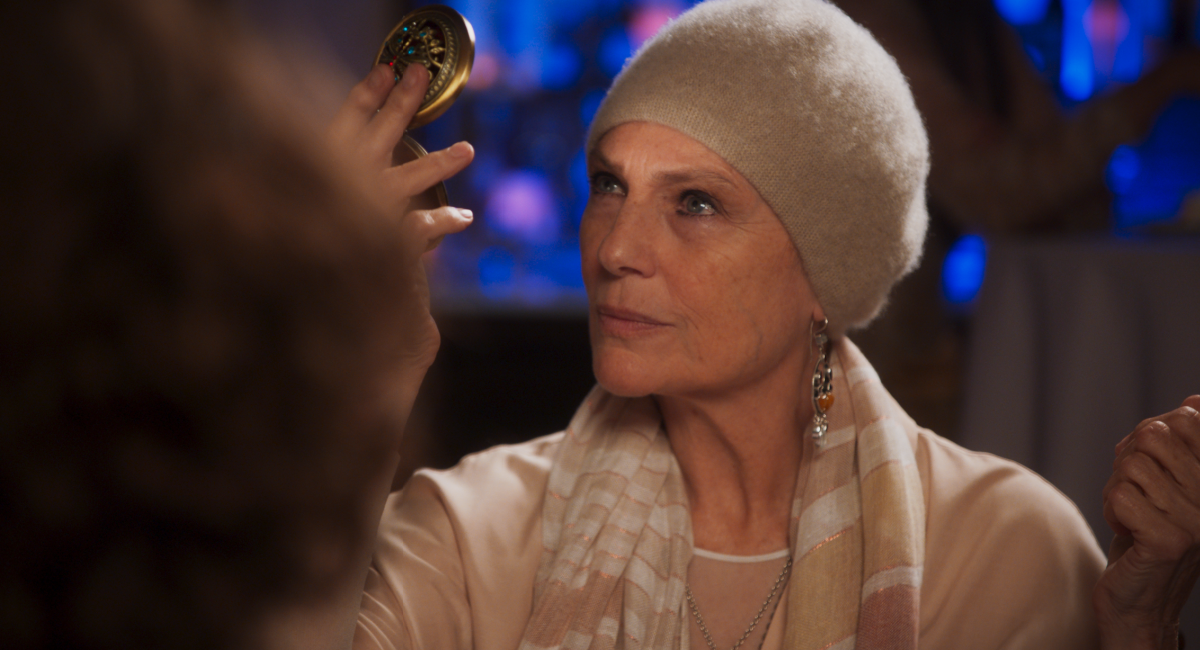
Jacqueline Bisset in director Russell Brown's 'Loren & Rose.'
MF: Did you relate to the character and what was your approach to playing her?
JB: I relate to all of it. Well, basically learning the lines is the most important thing. Getting that under my belt and then hoping that Kelly would be as good a listener as he was, an unbelievable listener, and he really helped me to loosen my character up because he didn't make me feel rushed. He really listened and that's such a rare thing. It's rare in life and with actors, too. Sometimes people are sort of waiting for their line. You can sense them waiting for their line and I understand that it can happen. I've done films in different languages and I did a movie (‘The Sunday Woman’) with Marcello Mastroianni once in Italy, and I didn't speak Italian. The director had asked me to do it in French, which looked more like Italian because it was all going to be looped afterwards. But I remember I would wait for Mastroianni to come to the end of a sentence, and I would start my line. So sometimes, he'd say in Italian, "I haven't finished." Oh my God, it was so embarrassing. Anyway, we got through it, so how you get there, it can change. You just have to get there.
MF: Can you talk about Rose and Loren’s unusual friendship, what she’s trying to teach him, and what she learns from him?
JB: Well, it is two different questions. She learns from him that she needs to give him, and she gives him her life, her confidence that she's built, the imperfections of her life, and the disagreeable aspects of her life. She warns him about life. She warns him about the pitfall of just going for the money for the wrong reasons, just to be getting involved with projects just because of the status or not for the real things that really matters. He doesn't believe her, really. He wants that attention. She says, "You've done one project that was well accepted and now you are addicted to that thing that you wanted. You'll end up doing rubbish if you don't pay attention. Get out of that rubbish. Be an artist. You aspire to that. Go through with it. Get rid of the fear. Stand tall. Be an individual." I think she says, "Own your existence.” That just gives me such a thrill to say those words.
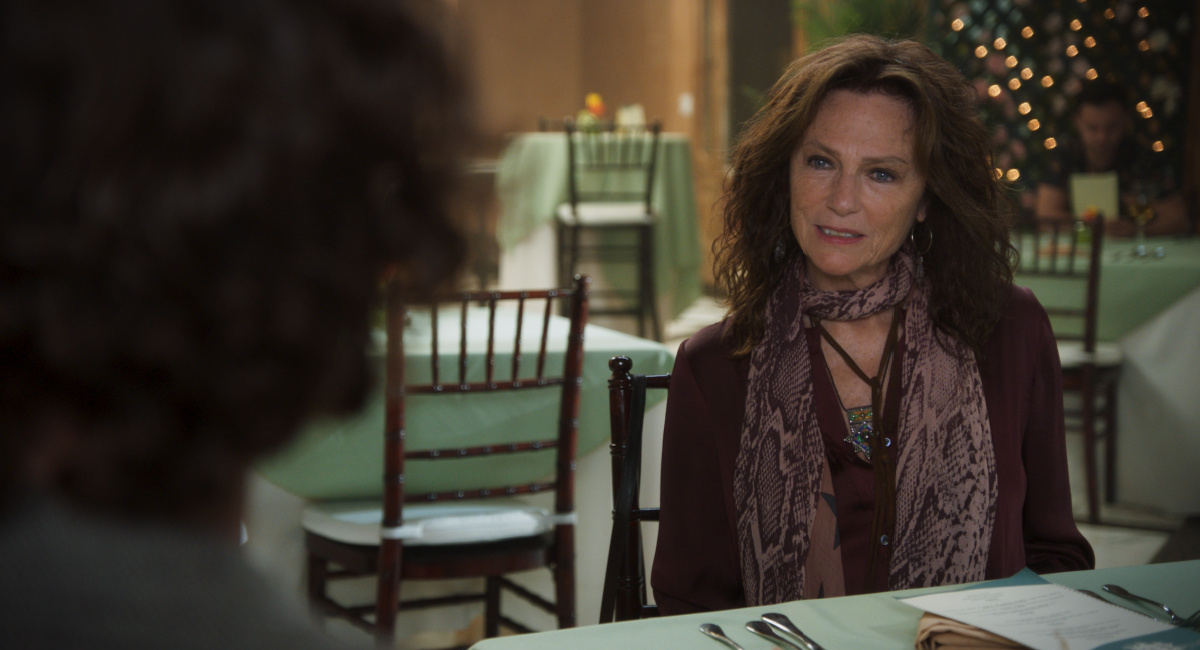
Jacqueline Bisset in director Russell Brown's 'Loren & Rose.'
MF: The movie is really a two-hander, mostly focusing on just Loren and Rose, and their relationship. What was it like for you acting opposite Kelly Blatz?
JB: For the most part, yeah. That's what it is. So we defined the rhythm of it, and just to see him so focused at times. Sometimes it's me who's focused, sometimes it's him, but his presence was enormous, and he gave me a great deal of help. Well, just the act of listening, it's a very fertile ground when you feel free to explore and be in your body and somebody's actually absorbing it, listening and reacting. He doesn't necessarily agree with me about some things. There's quite a degree of conflict, backwards and forwards, but just his presence, to be present in life. When we see somebody who has great presence, it's about them being present. It's what it is. It's being in the moment and being there, and you feel it as an energy, I think.
MF: Is it challenging making a movie where you are really on screen for most of the film?
JB: Well, it is. It's not something I sought out to be. In fact, I've actually rather avoided big roles. I did a film many years ago in the beginning called ‘The Grasshopper,’ in which I played a showgirl. I got very good reviews from it, but it wasn't well distributed. It was with Jim Brown, and I thought, "Okay, this was all great, but did I enjoy it?" It was too much. I was in everything too much, running down corridors, changing to get to the next line, seeing the pressure of it. I thought, "This is not me. This is not what I want." I want to be part of a several characters in a film and not be in everything. I didn't want to be in everything, and I haven't done that many enormous roles. So I need to think about things, I need to feel them. I was under such pressure, and I didn't know how to preserve my energy. I was young, and I didn't know how to handle it. I found it very exhausting. I was fine in the film, and I thought it was an okay movie for the time. The character was a good character. But is that what I want? No, I'd rather be more elusive in more interesting characters.
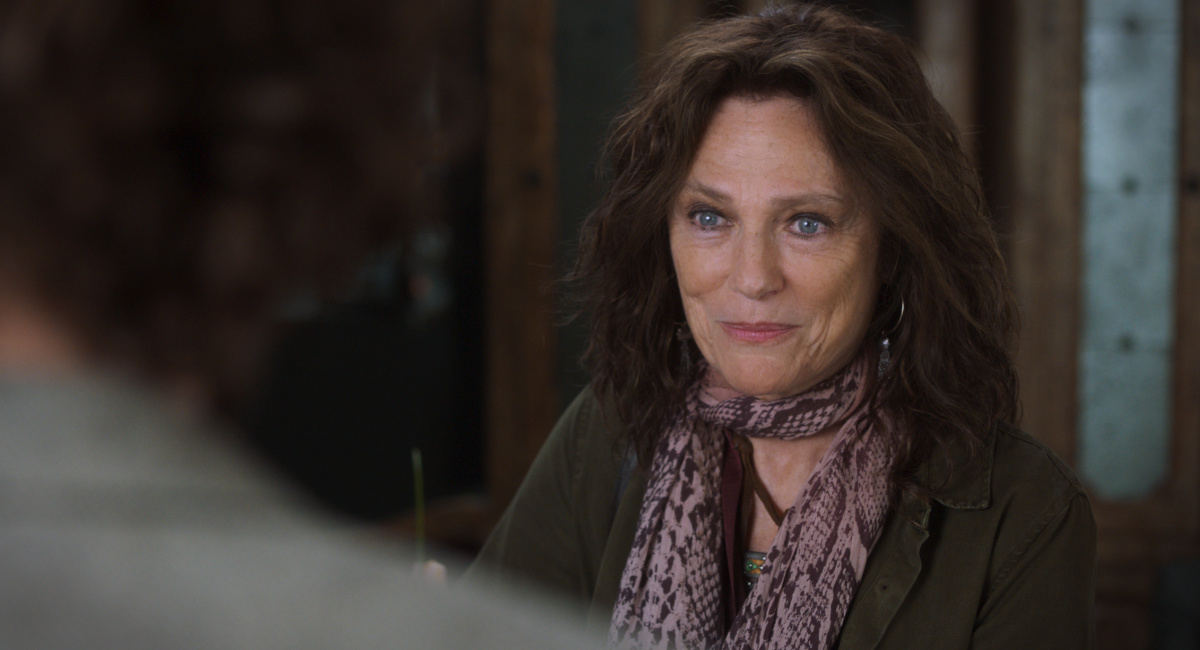
Jacqueline Bisset in director Russell Brown's 'Loren & Rose.'
MF: What was it like collaborating with writer and director Russell Brown on set?
JB: Well, he'd already given me everything by writing the role and being there, so I wanted to get a take on what he wanted. Occasionally he gave me a line reading. He gave me a line reading on the bit when I'm talking about there being a moon. He got up, and he did this sort of intricate strange little moment. I thought, "Oh Christ, am I going to have to do that?" I thought, "Oh, I'm not sure about that. How do I find that? I've got to find it." I said, "Okay, just go do it." That was a moment when he had given me a rather precise direction, but generally he let me pretty much wander around in my own thing. He didn't give us particular directions. He had to move the camera a lot. He tried to create a certain energy by moving the camera, and by the size of the shots. There were mirrors behind that he felt were important because he could get angles on us that we couldn't see, that were behind us. I paid no attention to the mirrors at all, but he was watching the mirrors, apparently. He wore very funny outfits because he was cold. I couldn't believe how he turned up some sometimes in outfits. I said, "What are you doing dressed like that?" He said, "I'm just cold." I said, "Okay, fine." It just cracked me up. I have an image of directors. Usually they got the sort of jacket with the pockets, a jungle jacket type thing, with pockets to put things in, and he had absolutely nothing like that. He was hilarious. I found him very funny, but very cool, pleasant, and he couldn't control himself. All those details are fun.
MF: Finally, ‘Bullitt’ is my absolute favorite movie of all time. What are your memories of making that film with Steve McQueen and director Peter Yates?
JB: Well, I worked with Peter Yates twice. I did that film, and also he directed ‘The Deep,’ so that was a good experience too. Both experiences were good. I was still fairly green in terms of the business. Steve was a little bit hyper. He was involved with his first production. It was his own company, Solar Productions, so he would rush up to me and say a few words, and it was all new American jargon. I mean, I didn't know what “soul chicks’ or “dudes” were. I was like, "Yes, Steve. Yes, Steve, yes." I couldn't say, "What is this? What is a soul chick? What is it really to be a soul chick?" This was the '60s, the end of the '60s in America. He was patient with me. He was nice. He was cool, very cool. He rushed around on his bike. He came to the set. He left the set, leaning forward, like a sort of cat animal on the bike. He'd be gone, and he obviously did not want to get caught by the public. He was a very big star at that time. He would never show himself. He was very discreet. We'd all go to restaurants together. It was like a group of us, the director, the producer, Steve, myself, and one or two other people occasionally, but usually we're like four or five. He would always go in a corner, turn his back, and need private room. He never wanted to be seen anywhere, and I thought it was curious. He wasn't like, "I'm a star" at all. Very much kind of private and quiet, and didn't make a lot of noise, and didn't show off. He was cool. He was very cool.
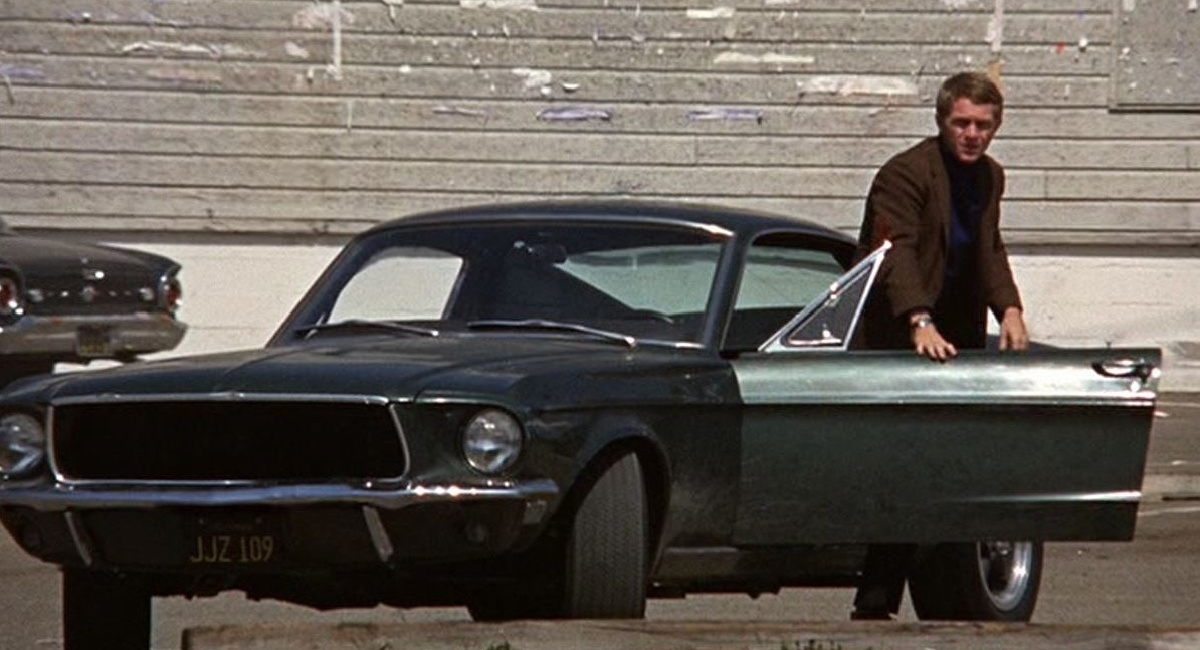
Steve McQueen in 1968's 'Bullitt.'
MF: ‘Bullitt’ seems more popular and relevant today than it was when it was originally released. Are you surprised by the legacy of the movie?
JB: I'm stunned by it. I get asked to go to car things, and they're still talking about ‘Bullitt’. I say, "What is this thing with men, and a car?" I just don't get it. I have to admit. I didn't particularly enjoy the working of it because I felt like I didn't know what I was doing, and I was always a bit self-conscious., but I was very happy to work with Peter Yates, who later used me in ‘The Deep.’ I got to like him very much. He was a very civilized man. He treated me very well, he was very patient with me in the early days of my career, but I have good memories of all that. It's all good memories.
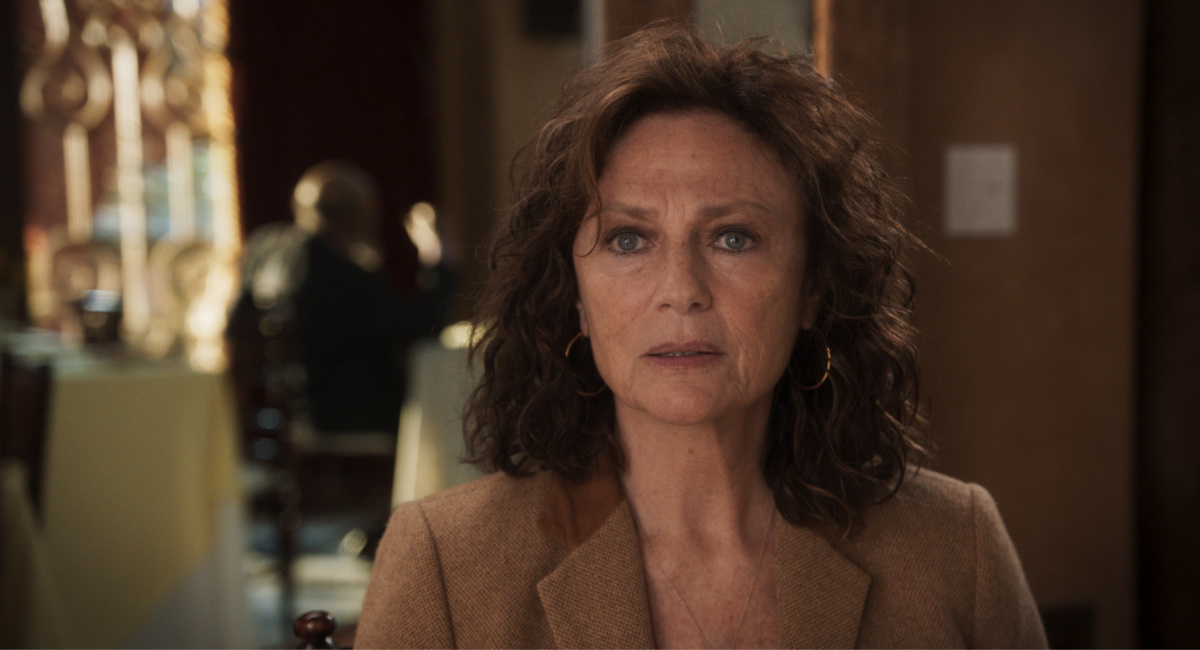
Jacqueline Bisset in director Russell Brown's 'Loren & Rose.'
Other Jacqueline Bisset Movies:
- 'Casino Royale' (1967)
- 'Two for the Road' (1967)
- 'The Detective' (1968)
- 'Bullitt' (1968)
- 'Airport' (1970)
- 'The Grasshopper' (1970)
- 'The Thief Who Came to Dinner' (1973)
- 'Murder on the Orient Express' (1974)
- 'The Spiral Staircase' (1975)
- 'End of the Game' (1976)
- 'The Sunday Woman' (1975)
- 'St. Ives' (1976)
- 'The Deep' (1977)
- 'The Greek Tycoon' (1978)
- 'Rich and Famous' (1981)
- 'Class' (1983)
- 'Under the Volcano' (1984)
- 'Wild Orchid' (1990)
- 'Dangerous Beauty' (1998)
- 'Domino' (2005)
- 'Save the Last Dance 2' (2006)
- 'Welcome to New York' (2015)
- 'Miss You Already' (2015)
- 'Here and Now' (2018)
- 'Asher' (2018)
Buy Jacqueline Bisset Movies On Amazon


